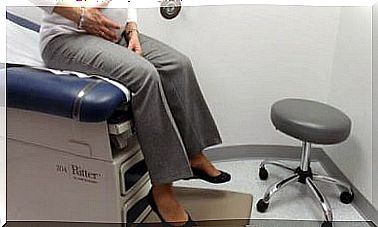7 Exercises To Improve Speech For Children With Language Delay

Children can have a delay in language without this meaning that in the future they will have more serious problems in this area of development. If a child of preschool age has language problems, it is necessary for him to receive the necessary help and encouragement, so that in this way he can have a good development and acquire, over time, a good level in this competence.
If a child has language delays, it is necessary to take into account that he/she will have to be assisted by a language professional, but in addition, it is also possible to work a good stimulation at home on a daily basis. If your child has a little language delay, or even if he doesn’t, do you want him to improve his speech? don’t miss out on these exercises you can start doing at home right now.
Language Delay: See Exercises to Improve Children’s Speech
1. Cards
Cards can go a long way in helping children learn sounds they can’t pronounce correctly. It is best to turn this exercise into a game and reward the child when he correctly pronounces the sounds that are on the cards.
This will make the exercise more attractive to the child, as well as motivate them to pronounce sounds correctly.

2. Mirror exercises
Children who have joint problems have difficulty uttering words and sounds because of their inability to make the correct mouth movement to produce a certain sound.
The mirror exercise is one of the most useful speech exercises for children who need to solve this type of problem.
You can show your child the correct mouth movement and the sound that goes with that movement, while the little one repeats it in front of a mirror. Thus, the child will know how to move his mouth on words that are more complicated.
3. Repetitions for language delay
Of all the other preschool speech exercises, repeating words over and over can seem like the most tedious job for parents, or even for kids if it’s too tiring. Despite this, repetition is very important for children to improve speech quickly. When you repeat the words to the children, you should do it slowly and easily so that they can hear them and can pick up all the phonemes.
4. The frog jump
Frog Jumping is a fun and simple exercise to improve speech that involves repeating a word at least six times in a row. To do this exercise you will need to spread papers in a room on which are written words you want your child to train.
The little one should jump from one paper to the other as a game and when he picks up a paper he should read (with or without help) the word that is written. So that it’s not too tiring exercise, you can make six jumps at a time to pronounce six words.

5. Talk to children
Children’s language skills are more likely to develop quickly if parents and family communicate with them frequently and encourage good verbal communication. With people talking around them frequently, the child has the chance to hear new words, learn them and, thus, will be able to communicate correctly.
6. Stimulate speech
Speaking regularly with a child is the best way to help them develop their speaking and language skills. Another way to do this is to pronounce the name of an object that the child wants, encouraging him to say the word to get it.
To stimulate speech in children, it is ideal to give only what they ask for, and only if they say the right word, not just using hand gestures. This will motivate the child to find a way to use language to get what he wants.
7. Read stories with children
Reading stories with children is an appropriate activity to stimulate language. In addition to improving the emotional bond between parents and children, it is also an activity that will work on new vocabularies and in which children will learn to better structure sentences and pronounce words that are complicated for them. In addition, stories will also help to stimulate creativity and imagination.









